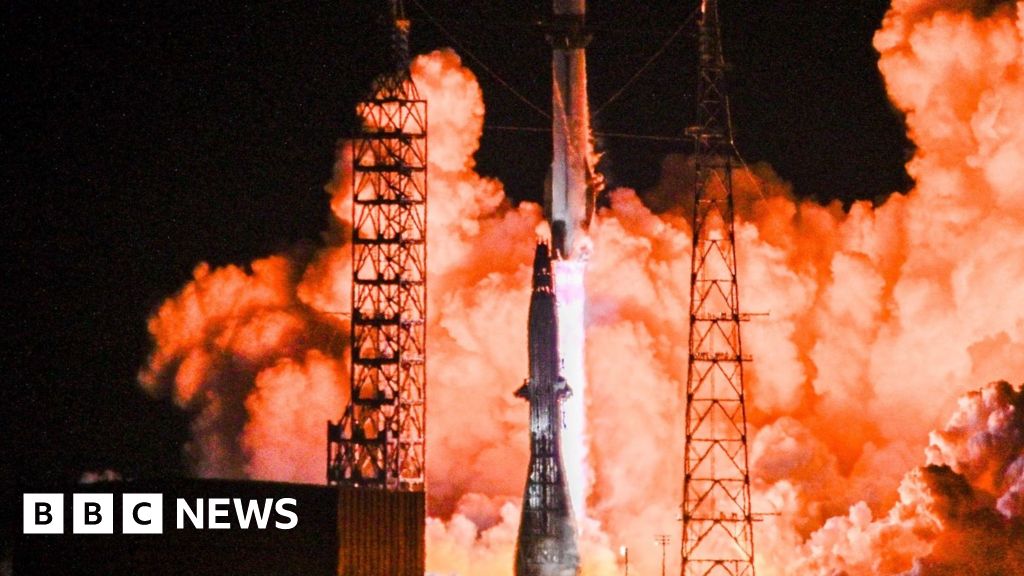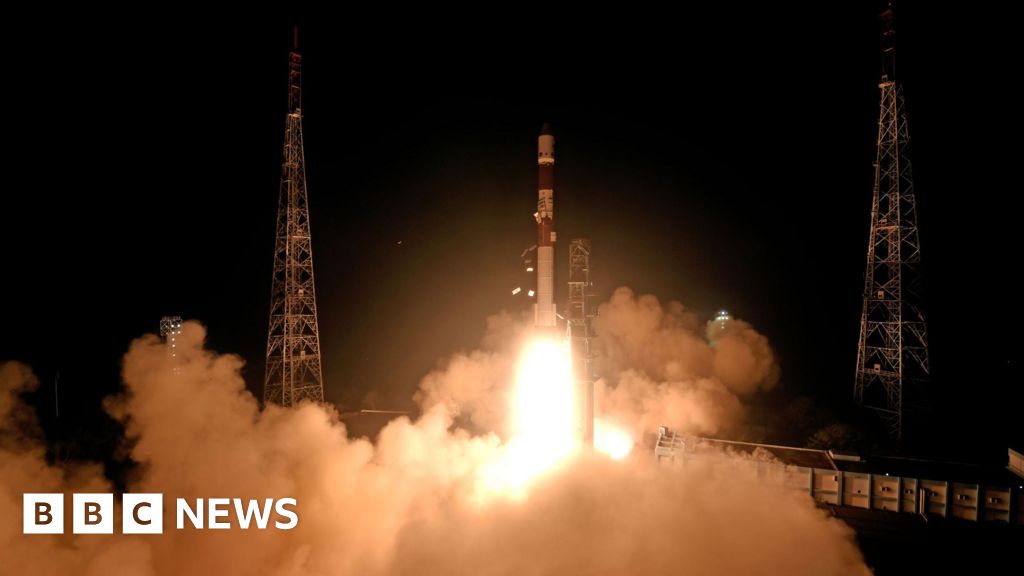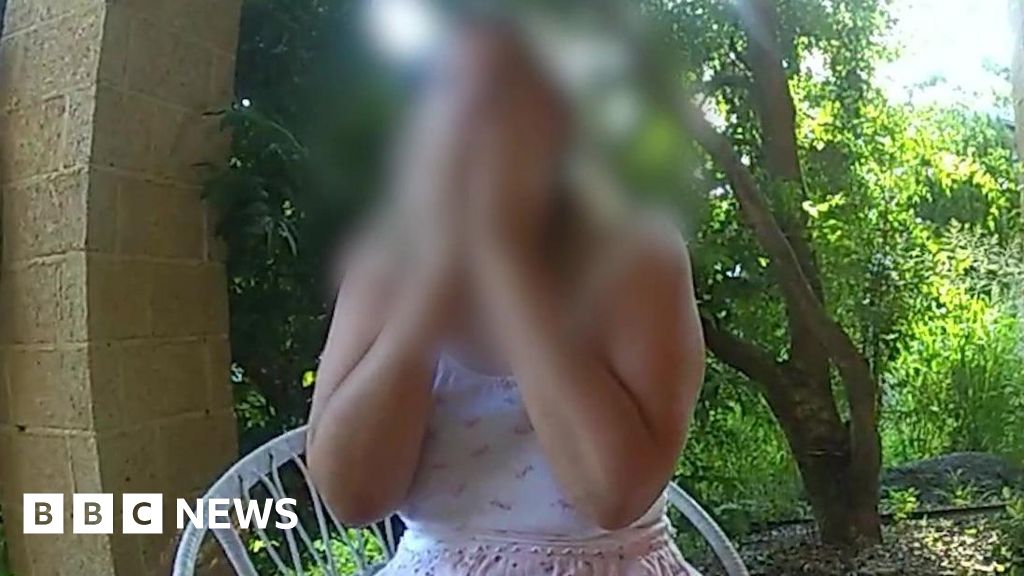ARTICLE AD BOX
Exactly 10 years after the jihadist gun-attack that killed most of its editorial staff, France's Charlie Hebdo has put out a special issue to show its cause is still kicking.
Things changed for France on 7 January 2015, marking in bloodshed the end of all wilful naivety about the threat of militant Islamism.
Brothers Said and Cherif Kouachi burst into a meeting at the Paris office of the satirical weekly, murdering its star cartoonists Cabu, Wolinski, Charb and Tignous.
Overall, 12 people were killed by the brothers, including a Muslim policeman on duty outside. Two days later they were cornered and shot dead by police at a sign-making business near Charles-de-Gaulle airport.
That same day saw Amedy Coulibaly – a one-time prison associate of Cherif – kill four Jews in a synchronised hostage-taking at a supermarket in eastern Paris. Coulibaly – who was then shot dead by police – had killed a policewoman the day before.
A decade on, Charlie Hebdo continues to bring out a weekly edition and has a circulation (print and online combined) of around 50,000.
It does so from an office whose whereabouts are kept secret, and with staff who are protected by bodyguards.
But in an editorial in Tuesday's memorial edition, the paper's main shareholder said its spirit of ribald anti-religious irreverence was still very much alive.
"The desire to laugh will never disappear," said Laurent Saurisseau – also known as Riss – a cartoonist who survived the 7 January attack with a bullet in the shoulder.
"Satire has one virtue that has got us through these tragic years – optimism. If people want to laugh, it is because they want to live.
"Laughter, irony and caricature are all manifestations of optimism," he wrote.
Also in the 32-page special are the 40 winning entries in a cartoon competition on the theme of "Laughing at God".
One contains the image of a cartoonist asking himself: "Is it okay to draw a picture of a man drawing a picture of a man drawing a picture of Muhammed?"
The Charlie Hebdo and Hypercacher attacks appear now as the overture to a grim and deadly period in modern France, during which – for a time – fear of jihadist terrorism became part of daily life.
In November 2015, there followed gun attacks at the Bataclan theatre and nearby bars in Paris. In the following July, 86 people were killed on the promenade in Nice.
Some 300 French people have died in Islamist attacks in the last decade.
Today the frequency has fallen sharply, and the defeat of the Islamic State group means there is no longer a support base in the Middle East.
But the killer individual, self-radicalised over the Internet, remains a constant threat in France as elsewhere.
The original pretext for the Charlie Hebdo murders – caricatures of the Prophet Muhammad – are now strictly off-limits to publications everywhere.
In 2020, a French teacher Samuel Paty was beheaded outside his school by a jihadist after he showed one of the Charlie cartoons in a discussion over freedom of speech.
And this week the trial opens in Paris of a Pakistani man who – a short time before Paty's murder – seriously injured two people with a butcher's cleaver at the Paris offices he thought were still being used by Charlie-Hebdo (in fact they had long since moved).
So as with every anniversary since 2015, the question once again being asked in France is: what - if anything - has changed? And what - if anything - survives of the great outpouring of international support, whose clarion call in the days after the murders was Je suis Charlie?
That was when a march of two million people through the centre of Paris was joined by heads of state and government from countries all over the world at the invitation of then President François Hollande.
Today, pessimists say the battle is over and lost. The chances of a humorous newspaper ever taking up the cudgel against Islam – in the way that Charlie Hebdo used regularly and scabrously to do against Christianity and Judaism – are zero.
Worse, for these people, is that parts of the political left in France are also now clearly distancing themselves from Charlie Hebdo, accusing it of becoming overly anti-Islam and adopting positions from the far-right.
Jean-Luc Melenchon, who leads the France Unbowed party, has accused the weekly of being a "bag-carrier for (right-wing magazine) Valeurs Actuels", and the Greens' Sandrine Rousseau said Charlie Hebdo was "misogynistic and at times racist".
This has in turn led to accusations aimed at the far-left that it has betrayed the free-speech spirit of Je suis Charlie in order to curry electoral support among French Muslims.
But speaking in the run-up to the anniversary, Riss – who counted the dead among his greatest friends and says he does not go through a day without reliving the moment of the attack – refused to renounce hope.
"I think [the Charlie spirit] is anchored more deeply in society than one might think. When you talk to people, you can see it's very much alive. It's a mistake to think it's all disappeared.
"It is part of our collective memory."

 1 week ago
6
1 week ago
6








 English (US) ·
English (US) ·